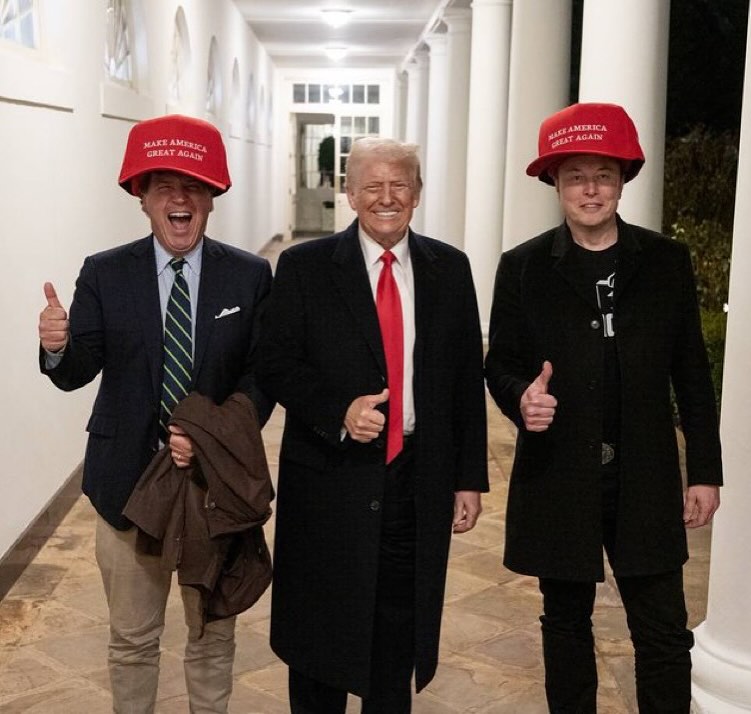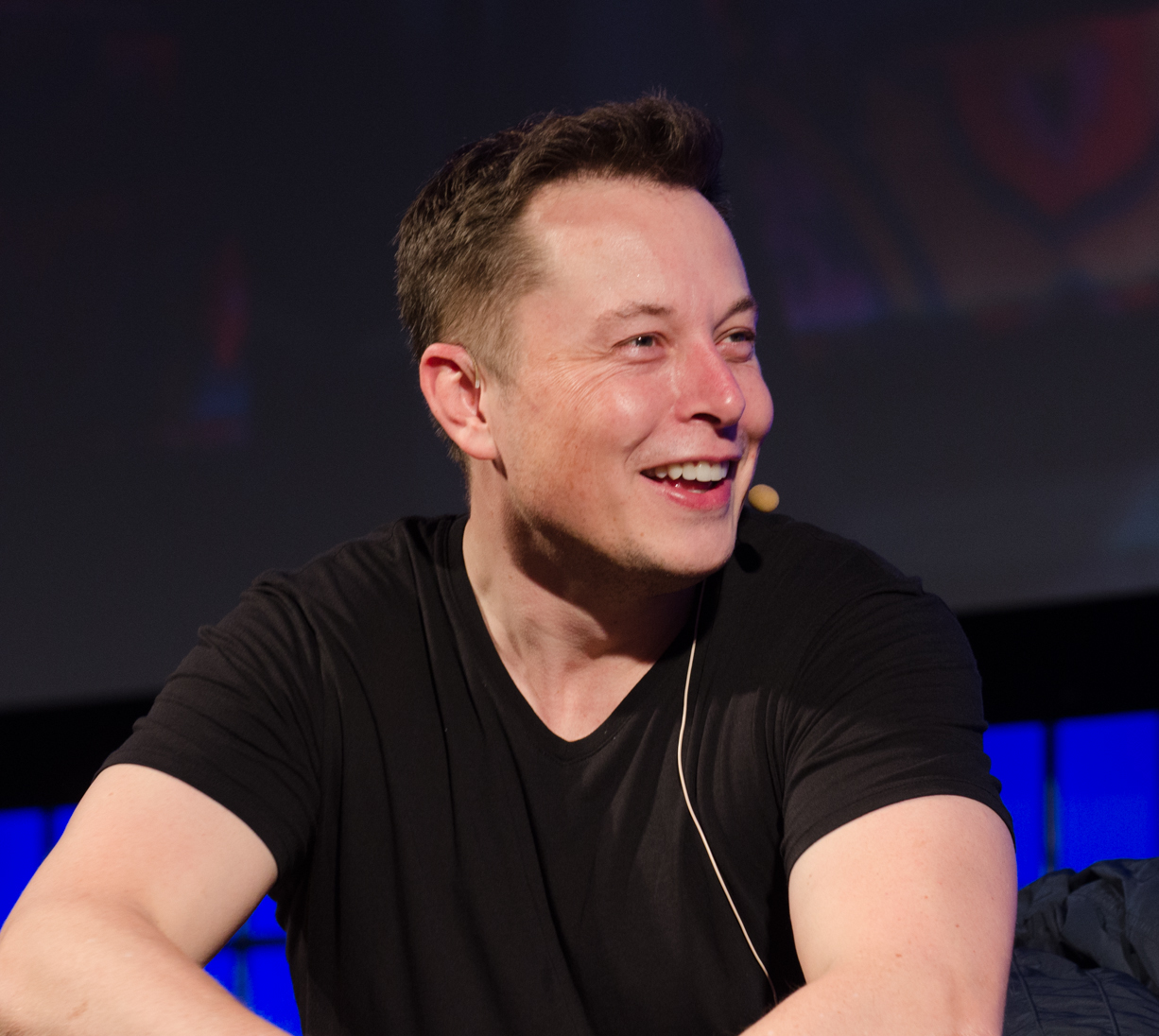Elon Musk’s America Party: A Risky Billionaire Power Play
When Elon Musk announced on July 5, 2025, that he had formed the America Party, he dramatically punctuated a fierce public split with President Donald Trump and boldly cast himself as a disruptive political force. In a post on X, Musk declared that “by a factor of 2 to 1, you want a new political party and you shall have it,” framing his effort as a revolt against a “one-party system” he claims has run the nation into “waste & graft.” Yet, his audacious foray spotlights a troubling trend in modern democracy: billionaires leveraging vast personal fortunes to directly shape public policy—often with minimal traditional political experience and scant accountability to a broad electorate. Musk’s staggering personal fortune has become both the fuel and the leverage behind his growing influence in politics and beyond.
The Birth of the America Party
Musk’s announcement did more than merely rile Trump; it formalized an intention he first floated amid disagreements over the "One Big Beautiful Bill Act." The billionaire had reportedly clashed repeatedly with Trump over issues of fiscal responsibility, particularly regarding what Musk perceived as unchecked government spending and burgeoning national debt. This fundamental ideological divergence ultimately prompted him to forge his own path in partisan politics, seeking to offer an alternative he believes is more aligned with sound financial principles. Despite Musk’s evident confidence, Treasury Secretary Scott Bessent—an experienced financier with a deep understanding of political realities—publicly scoffed at the venture, calling it “ridiculous” and pointedly warning that creating a viable third party requires far more than simply deep pockets; it demands broad grassroots support and a robust, sustainable infrastructure.
Related: Should Billionaires Exist? NYC Mayoral Candidate Zohran Mamdani Says No
Can Anyone Just Create a Political Party?
Legally, the answer is yes, as U.S. election law grants states the authority over party recognition, subjecting fledgling movements to varying signature thresholds, membership rolls, or vote-share requirements. However, practically, it is a formidable and historically challenging undertaking. Veteran election lawyer Brett Kappel underscored this difficulty, noting that “only the richest person in the world could make a serious effort at creating a new American political party,” and even then it would realistically take years and "hundreds of millions of dollars" just to secure ballot access across all fifty states. Musk’s pledge to initially target just a handful of congressional races, while a practical starting point, effectively short-circuits the national roadmap for building a comprehensive political party structure. This approach does little to address the deeper, long-term legal and logistical hurdles inherent in establishing a truly national presence, such such as building genuine grassroots organizations in every state, developing a broad and coherent platform that extends beyond one individual's views, and recruiting a diverse slate of candidates for all levels of government. The historical record of third parties in the U.S.—many of which have flared brightly only to fade, often acting as "spoilers" by drawing votes away from major candidates—underscores the immense challenges Musk faces.
Who Might Join Musk’s Movement?
Although Musk commands vast personal wealth and a powerful social media platform, his evolving policy vision—centered on staunch fiscal conservatism, military modernization driven by AI, dramatic deregulation across various sectors, and pronatalist incentives—may initially attract a relatively narrow but influential coalition. This demographic could include technology entrepreneurs, who resonate with his innovation-focused views; fiscal hawks, drawn to his emphasis on debt reduction; and disaffected moderates, who might find appeal in his anti-establishment rhetoric and frustrations with the two major parties. Libertarian activists, such as Forward Party founder Andrew Yang or members of the existing Libertarian Party, could also see strategic value in partnering with a well-resourced new movement. Yet, the America Party’s nascent status, combined with Musk’s well-documented unpredictability and the severe lack of established political infrastructure, makes mass recruitment unlikely. Established power brokers in both the Republican and Democratic camps are currently more inclined to view the America Party as a potential spoiler—capable of siphoning votes from a major party and inadvertently altering election outcomes—rather than as a serious governing alternative.
Related: Elon Musk’s First Month in Politics and Its Impact on Tesla
Predicting Musk’s Policy Agenda
Based on his public statements, Musk envisions a platform fundamentally anchored in fiscal discipline and technological advancement. His agenda includes aggressive debt reduction strategies and a radical transformation of military capabilities through advanced AI technologies, reflecting his views on future warfare and national security. He also advocates for dramatic regulatory rollbacks across various industries, aiming to foster an environment he believes is more conducive to innovation and economic growth. Furthermore, he has highlighted pronatalist incentives as a key priority, signaling a focus on addressing declining birth rates in an aging nation, a concern he has frequently voiced. Musk has also hinted at leveraging his media platform, particularly X, to directly influence specific Senate and House contests rather than immediately fielding a presidential candidate. Critics, however, warn that these specific priorities, such as significant deregulation or a singular focus on tech elites for defense, could further concentrate power within the tech elite class and potentially divert crucial attention and resources from pressing societal issues like universal healthcare access, systemic inequality, and critical national infrastructure investment.

The Risks of Billionaire-Led Political Parties
When ultra-wealthy individuals pivot from merely funding political campaigns to actively founding and leading entire political parties, they inherently tilt the democratic balance in potentially problematic ways. Without extensive electoral experience, diverse funding sources, or genuine grassroots networks, such ventures risk becoming vehicles for self-interest, channeling policy decisions toward private gain or a singular founder's specific agenda rather than serving a broad public good. Elon Musk’s direct control over X (formerly Twitter) gives him an unparalleled and often unmediated channel to millions of users globally—an advantage no ordinary candidate or nascent party could possibly match. This raises significant concerns about potential media manipulation, unequal access to public discourse, and critical accountability gaps, as the party's direction might primarily reflect the founder's personal whims and wealth rather than a broad base of constituents or established democratic processes. The very structure of a party heavily reliant on one individual's capital can undermine traditional avenues of accountability to voters and donors alike.
Conclusion
Elon Musk’s ambitious attempt to establish the America Party highlights both the legal possibility and the profound practical improbability of billionaire-driven alternatives to the entrenched two-party system in the United States. While his vision for fiscal discipline and technological advancement may indeed resonate with a segment of the electorate, the broader implications of unqualified billionaires wielding outsized influence to shape public policy deserve intense scrutiny. As the 2025 elections unfold, Musk’s latest venture will undoubtedly test the resilience of American democracy—and ultimately determine whether vast personal wealth should equate to outsized, perhaps disproportionate, political influence.
Related: Free Speech for All or None: What is the Danger of Selective Censorship?













